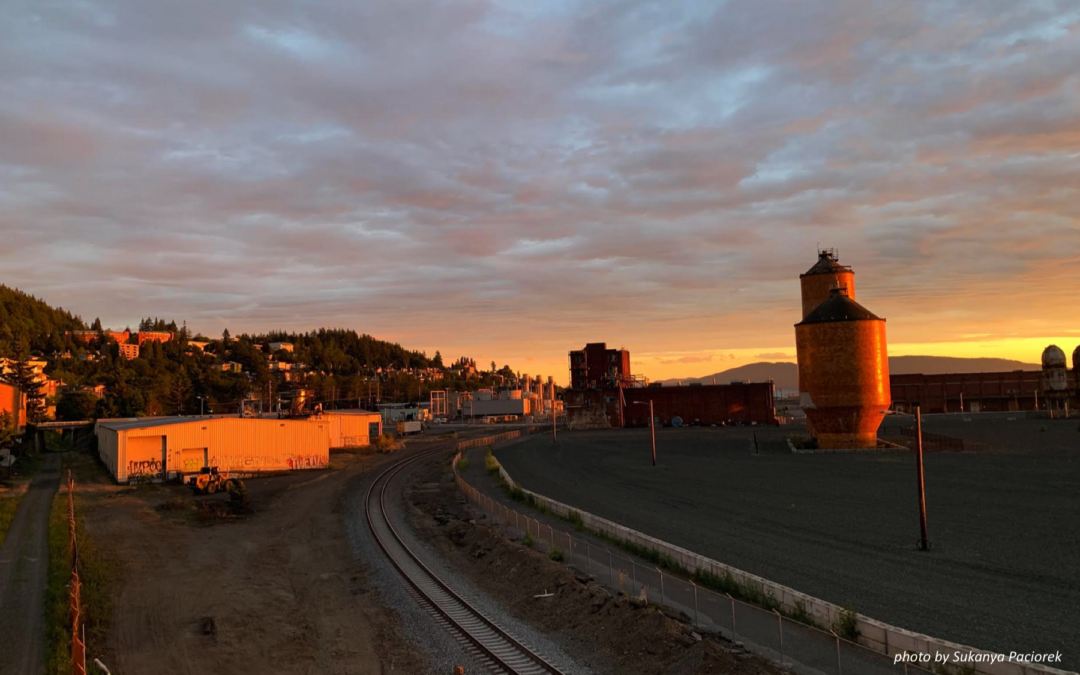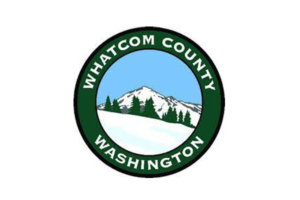At New Venture Advisors we partner with our clients to help them plan and implement important food systems initiatives that provide significant and meaningful outcomes to the communities they serve. These projects sometimes require creative, small-scale approaches to increasing access to fresh, healthy and nutritious food—often by organizing existing assets and resources within the community with some seed funding from a grant—and sometimes they require more substantial and permanent infrastructure, with a more diverse capital stack.
The Investing in Opportunity Act could provide capital for a larger, more ambitious development—such as a supermarket or community food hub or local food campus—that might previously have seemed too risky an investment. In this post we provide a basic overview of Opportunity Zones as an emerging investment capital vehicle that is playing a role in food system infrastructure development across the country. We will cite a few examples, including a current client case study in Bellingham, Washington, which, in turn, is looking to some of these other examples for best practices, and lessons learned.
Opportunity Zones. What are they?
The bipartisan Investing in Opportunity Act, passed by Congress in December 2017 as part of the Tax Cuts and Jobs Act, aimed to revitalize distressed communities by encouraging investment in these areas through tax breaks. The Act charged each state, and Washington D.C. and Puerto Rico, with identifying distressed communities in their jurisdiction as “Opportunity Zones.” Wealthy investors could then avoid or delay taxes on capital gains by reinvesting gains in these zones through Qualified Opportunity Funds.
Since the passage of the Act, over 8,700 areas have been designated as Opportunity Zones with subsequent billions of dollars of investment.
New Venture Advisors’ Current Clients Positioned for Opportunity Zone Funding
One of our current clients, the Whatcom Community Foundation (WCF), along with the Bellingham Port Authority, is spearheading The Millworks, a bold mixed-use redevelopment of a three-acre industrial site on the waterfront in Bellingham, Washington. According to Sukyanya Paciorek, Director of Special Projects at the WCF, “The Millworks paints a big vision—informed by community-identified needs—for what is possible for the City of Bellingham.”
The Millworks’ infrastructure will include a Local Food Campus designed to create opportunities for greater access to local, healthy food and corresponding workforce development and education.
New Venture Advisors is helping WCF plan the Local Food Campus. It will feature state-of-the-art equipment and access, with planned programming to include combined operations for hunger relief organizations to serve hot meals and snacks more efficiently, local food aggregation and distribution, food processing for community needs, workforce development and training through schools and colleges, and space for entrepreneurs to launch and build their food businesses. The Millworks will also provide affordable housing to a community that struggles to provide affordable housing stock for working citizens, as housing prices make home ownership and even rental access a challenge for many residents.
Parts of Bellingham have been designated Opportunity Zones, including the area where The Millworks will be developed.
Paciorek says, “We see Qualified Opportunity Zone investments as a tool to attract new sources of capital to The Millworks, while also providing investors with a financial return that makes a positive, meaningful and lasting difference in our community.”
Examples of Opportunity Zone Investments Impacting Food System Infrastructure
Kroger recently began construction of a full service grocery store and pharmacy in Fremont, Ohio, a designated “food desert.” Kroger stated, “Because sufficient amounts of traditional financing sources were unavailable in this rural low-income area, investments through the…Opportunity Zone were critical to bring this project to the Fremont community.”
In Brockton, Massachusetts, Vincente’s, a local family grocery, partnered with the Brockton Neighborhood Health Center to open a new clinic and grocery on a blighted corner. Their shared mission: to improve community health and fight diabetes through good food and healthcare for neighborhood residents. This project, deemed too risky by traditional investors, was made possible with Opportunity Zone funding.
The city of Birmingham, Alabama states that 69% of its residents live in a food desert and they are serious about using their Opportunity Zone designation and associated financing to address this problem. Josh Carpenter, Director of Innovation and Economic Opportunity for the city, is actively recruiting a grocery partner. “We’re here to help grocery stores grow in Birmingham. That’s our bottom line message. If you’re a grocery store operator and you want to be in the Birmingham market, we will be a thoughtful partner that stands arm to arm with you to get you here.”
The Denver Housing Authority succeeded in getting its Sun Valley Homes designated as an Opportunity Zone. Their development plan for the blighted 100 acres includes using investment money to build mixed-income housing, a food hub, marketplace, and park.
In this post we wanted to introduce our readers to Opportunity Zones as an emerging asset class through Qualified Opportunity Funds, which are playing a catalyzing role in the food systems where we do our work. Once The Millworks is developed in Bellingham, Washington, it will support economic growth through job creation and entrepreneurship, relieve hunger, and provide access to local food grown and processed within the region. Investors interested in projects designed to increase access to nutritious food in a distressed community needn’t look far for examples of successful investment under the Act and opportunities for more investment.
(Photo of The Millworks site courtesy of Sukyanya Paciorek)



